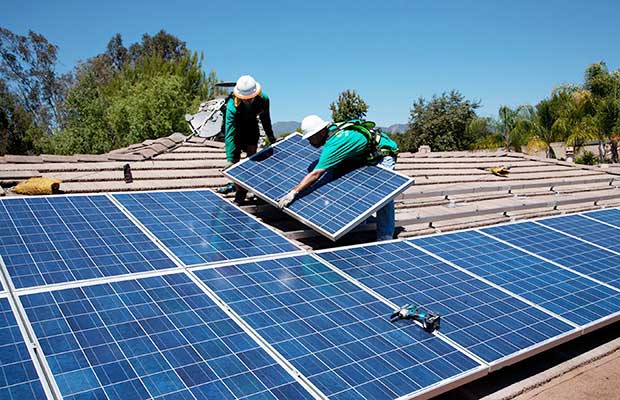The textile sector is often regarded as one of the most polluting sectors especially when talking about a developing country. In a key development, Bangladesh’s top garment makers’ body Bangladesh Garment Manufacturers and Exporters Association (BGMEA) has now partnered with Chinese ICT conglomerate and infrastructure maker Huawei in order to reduce the pollution caused by the garment industry through energy consumption.
Pan Junfeng, Chief Executive Officer, Huawei Technologies (Bangladesh) Limited, and Faruque Hassan, President, BGMEA, inked the new agreement on behalf of their organisations in Dhaka, the capital city of Bangladesh.
Under the new scheme of things, Huawei will install new solar power plants at the BGMEA enlisted factories. BGMEA and Huawei have come together to take steps for the adoption of clean and green energy in Bangladesh’s garment sector. The MoU will enable the players to cooperate and make the textile & garment industry, which is the highest polluter in the South Asian country, green and environment friendly.
In May, a delegation by Huawei Technologies expressed interest when they paid a call on BGMEA President Faruque Hassan in the presence of BGMEA Vice President Miran Ali. They discussed possible scope of increasing renewable energy usage by using solar plants in the garment industry and how Huawei can provide its technical solutions to achieve the objective.
According to BGMEA, a green factory helps to reduce the energy usage by 40 percent and water consumption by more than 30 percent while it also emits less carbon, thus ensuring environmental safety.
Bangladesh’s Renewable Quest
Bangladesh looks to generate 40% of its energy from renewable energy sources by 2040. At present, it generates about 910 MW renewable energy. The government recently issued the National Solar Energy Roadmap (SREDA) draft that targets about 40 GW of solar power in which 40 per cent will come from rooftop installations.
The Bangladesh Power Development Board (BPDB) had revealed in September that a solar power project with a capacity of 30 MW has been operationalised in the northern region.

